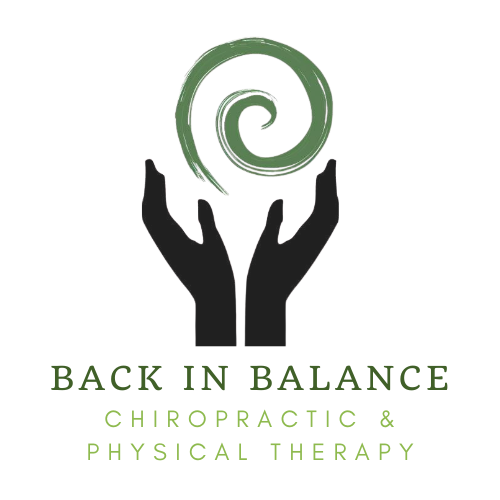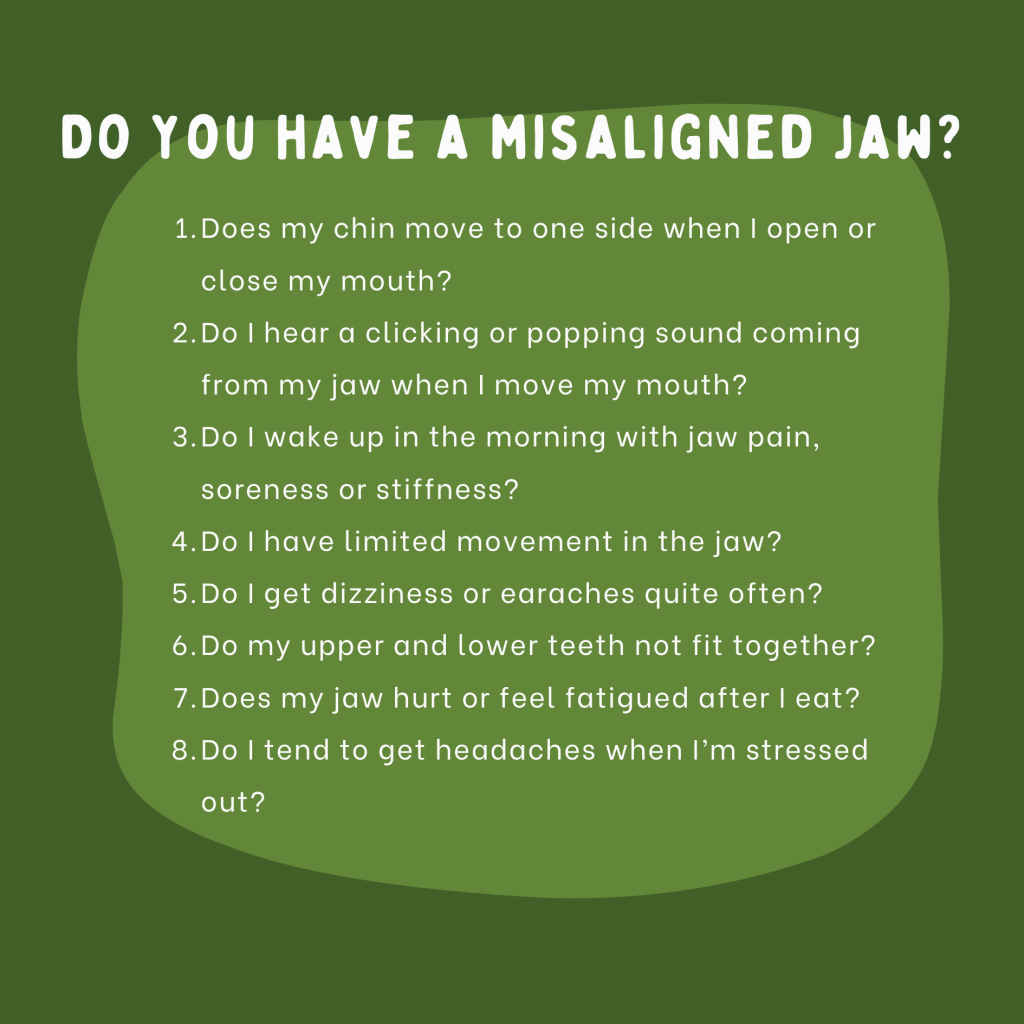Understanding Misaligned Jaw and TMJ Disorders: 10 Essential Questions
Jaw pain, clicking sounds, and headaches can all be indicators of a common yet often misunderstood condition known as Temporomandibular Joint Disorder (TMJ). This disorder affects the joint that connects your jawbone to your skull. To better understand whether you might be experiencing TMJ or a misaligned jaw, here are ten essential questions to consider:
1. Does my chin move to one side when I open or close my mouth?
If you notice your chin deviating to one side when you open or close your mouth, it could be a sign of a misaligned jaw. This uneven movement often indicates that the muscles and joints in your jaw are not working in harmony, leading to an imbalance.
2. Do I hear a clicking or popping sound coming from my jaw when I move my mouth?
Hearing a clicking or popping sound when you move your jaw is a common symptom of TMJ disorders. This noise is usually caused by the displacement of the disc within the joint, which can result in pain and limited movement.
3. Do I wake up in the morning with jaw pain, soreness, or stiffness?
Morning jaw pain, soreness, or stiffness could indicate that you are grinding or clenching your teeth at night, a condition known as bruxism. This habit can exacerbate TMJ symptoms and lead to further discomfort and misalignment.
4. Do I have limited movement in the jaw?
Limited jaw movement, such as difficulty fully opening your mouth or moving your jaw from side to side, can be a strong indicator of TMJ. This restriction in movement is often due to inflammation or damage within the joint.
5. Do I get dizziness or earaches quite often?
Frequent dizziness or earaches can be related to TMJ disorders because the temporomandibular joint is located near the ear. Problems with this joint can affect the ear’s function, leading to these symptoms.
6. Do my upper and lower teeth not fit together?
If your upper and lower teeth do not align properly when you close your mouth, this could be a sign of a misaligned jaw. Malocclusion (bad bite) can strain the jaw muscles and joints, contributing to TMJ symptoms.
7. Does my jaw hurt or feel fatigued after I eat?
Jaw pain or fatigue after eating can result from overworking the jaw muscles, especially if you have a misaligned bite or TMJ disorder. This pain can be more pronounced after chewing tough or hard foods.
8. Do I tend to get headaches when I’m stressed out?
Stress is a significant factor in TMJ disorders. Stress can lead to teeth clenching or grinding, increasing muscle tension and triggering headaches. Paying attention to when these headaches occur can help identify if they are related to jaw issues.
Addressing TMJ and Misaligned Jaw
If you answered “yes” to any of these questions, it might be time to consult a healthcare professional, such as a dentist or a chiropractor, who specializes in TMJ disorders. They can provide a thorough examination and recommend appropriate treatments, which may include:
– Stress management techniques: Reducing stress through relaxation exercises, meditation, or therapy can help alleviate muscle tension.
– Jaw exercises: Specific exercises can strengthen and stretch the jaw muscles, promoting better alignment and function.
– Orthodontic treatment: Braces or other orthodontic devices can correct misaligned teeth and improve bite alignment.
– Dental splints or mouthguards: These devices can help reduce teeth grinding and provide support to the jaw joint.
– Chiropractic care: We here at Back in Balance can assess and adjust the alignment of your jaw and neck to relieve TMJ symptoms. Book an appointment HERE!
Understanding and addressing TMJ disorders and misaligned jaws can significantly improve your quality of life. By paying attention to these symptoms and seeking appropriate care, you can find relief from pain and discomfort, leading to a healthier, happier you!






